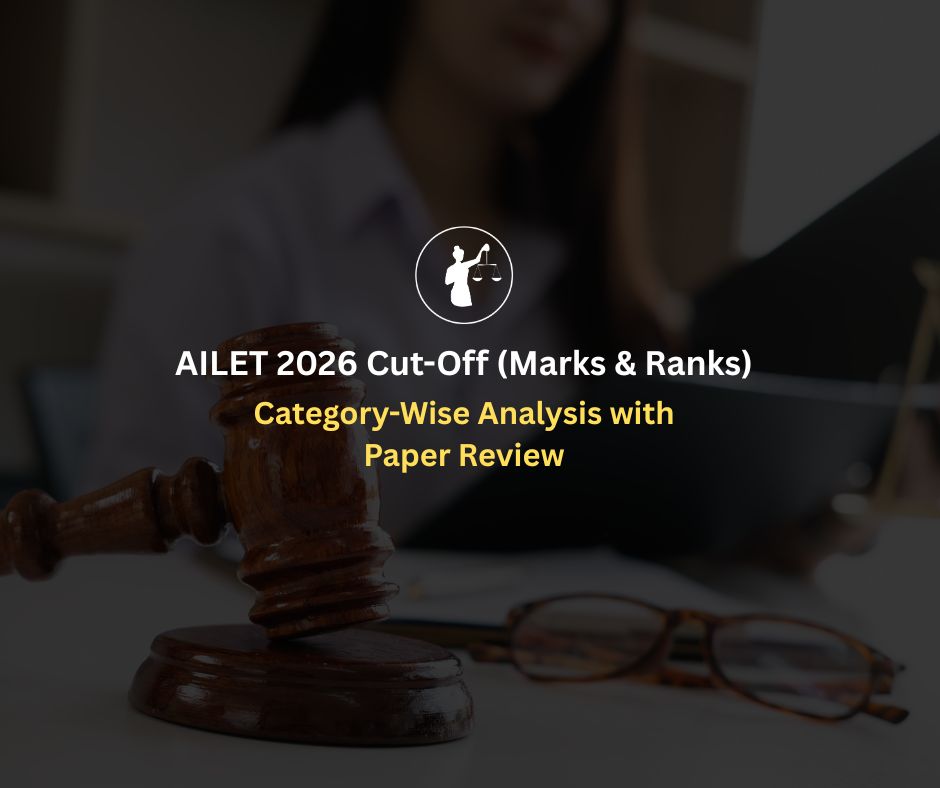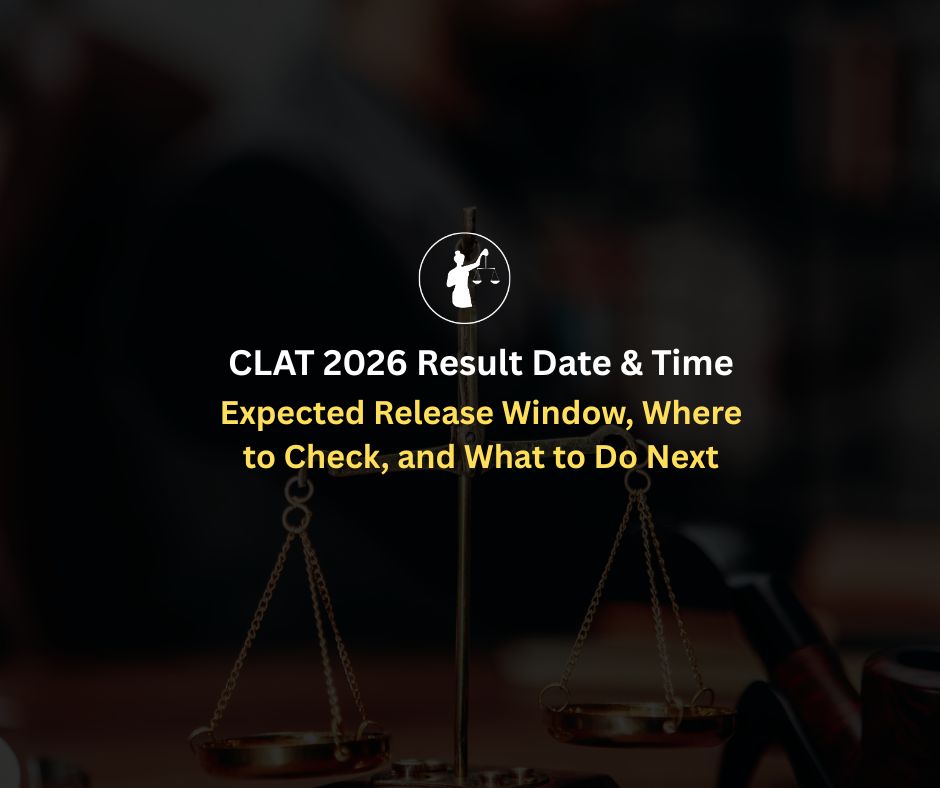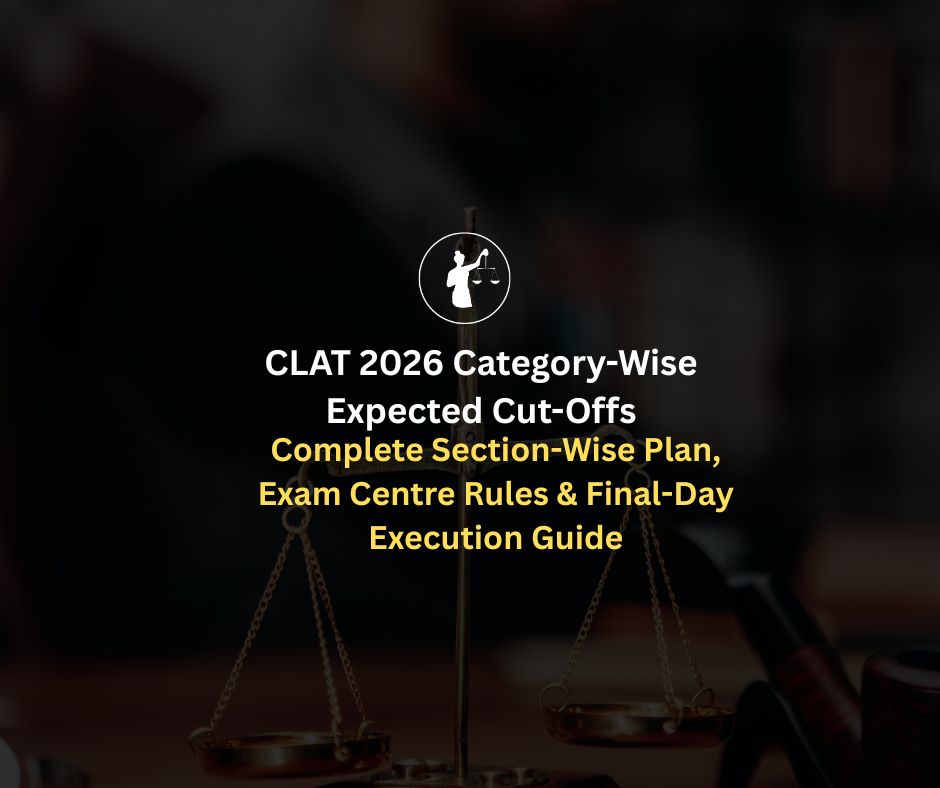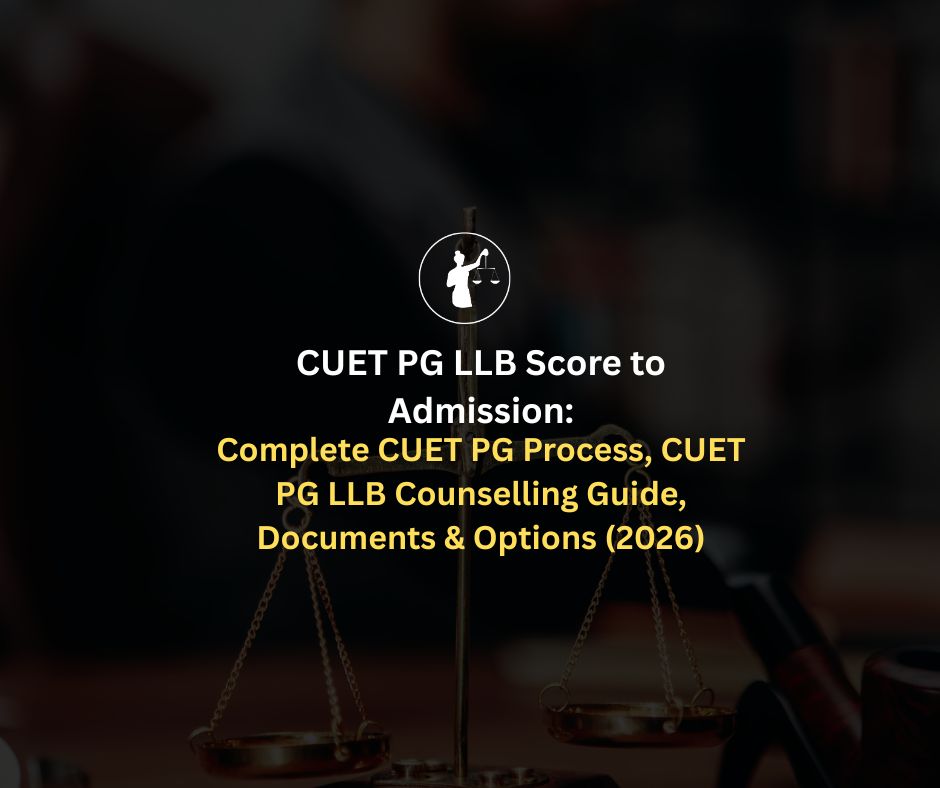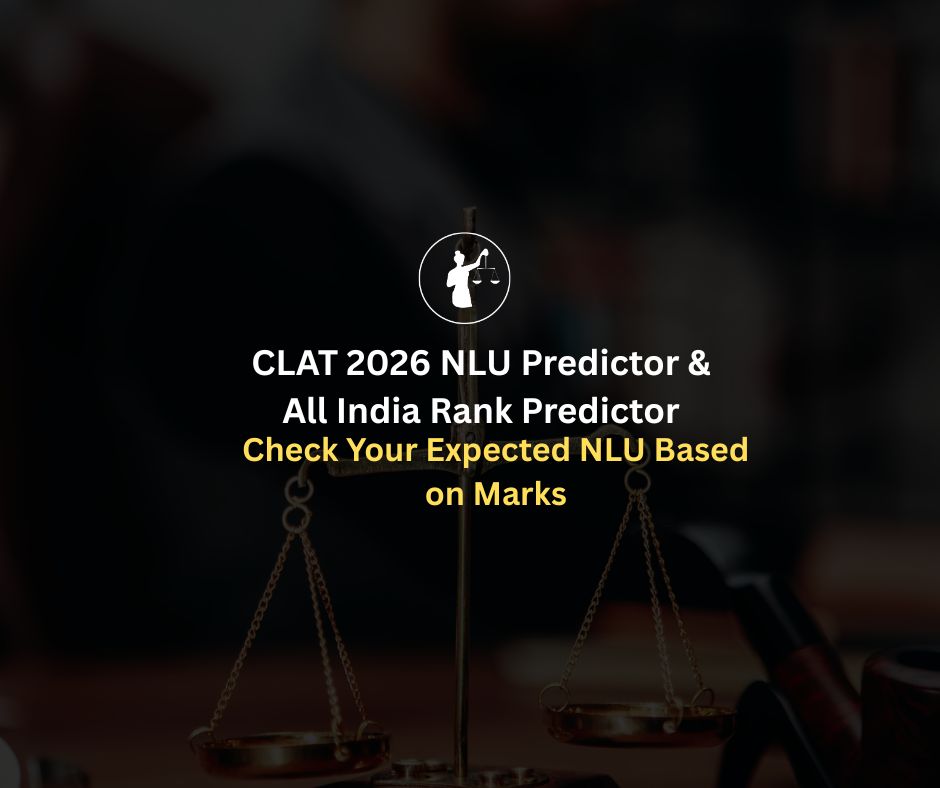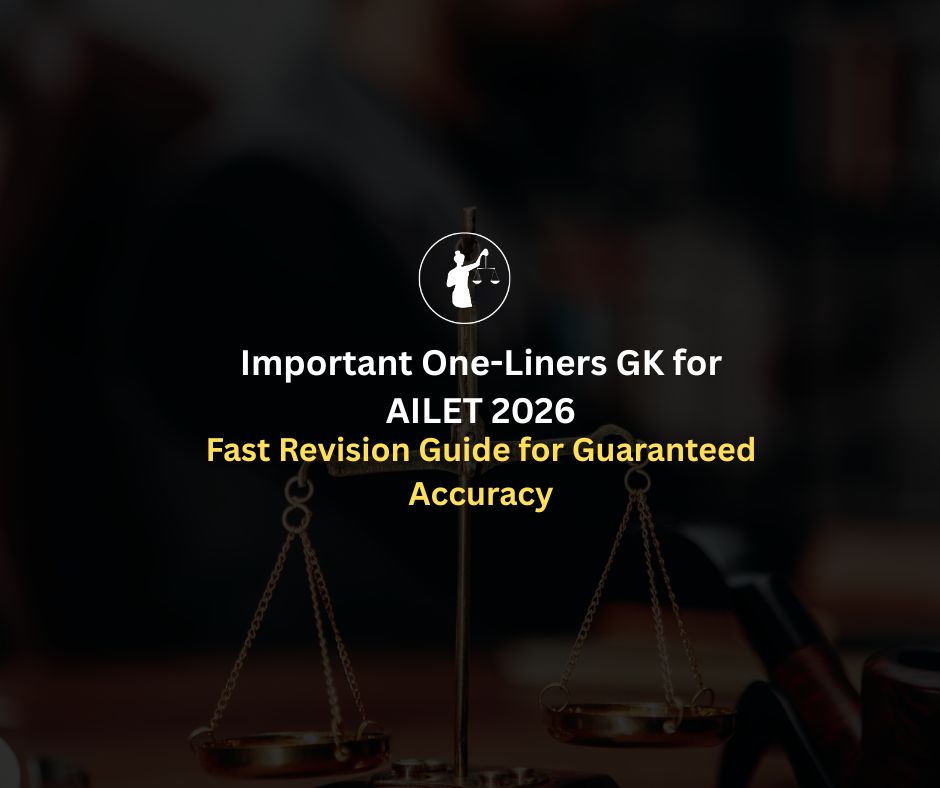
If you are preparing for NLSAT 2026, previous year papers are one of the most effective and underutilized tools in your preparation arsenal.
They are more than just historical questions they are a gateway to understanding the evolving structure, expectations, and strategic depth of the exam conducted by NLSIU for admission to its flagship 3-year LLB program.
Check Out the Best NLSAT Online Coaching
In this comprehensive guide, we explain why NLSAT previous year papers are critical for serious aspirants and how you can use them effectively to optimise your NLSAT exam preparation.
1. Understand the Pattern and Evolution
The NLSAT exam pattern has maintained a dual-format structure since its inception:
Part A (Objective): 75 multiple-choice questions assessing Reading Comprehension, Critical Reasoning, General Knowledge (Current Affairs), and Legal Awareness.
Part B (Subjective): Essay and legal problem-solving questions assessing written articulation, logic, and general legal understanding.
By solving NLSAT past papers from 2022 to 2025, candidates gain clarity on:
Question formats and their framing.
Weightage and distribution of topics.
The transition in difficulty over the years.
Each year introduces subtle shifts for example, the growing prominence of inference-based questions or abstract essay topics. Recognizing these patterns early is key to tailoring preparation.
2. Track the Difficulty Progression
Let’s examine the progression in difficulty across years to anticipate future trends:
Download NLSAT Previous Year PDF ( 2023 )
Download NLSAT Previous Year PDF ( 2024 )
Download NLSAT Previous Year PDF ( 2025 )
A review of these papers shows that while NLSAT is accessible, it is steadily evolving into a more analytical and time-intensive paper, especially in Critical Reasoning and Reading Comprehension.
Also Read: Expected Date for NLSAT 2026
3. Enhance Section-Wise Preparation Strategy
Past papers reveal how much emphasis is placed on each topic. For example:
Reading Comprehension
Passages increasingly require the ability to grasp argument structure, main ideas, and nuanced inference.
Critical Reasoning
Patterns emerge such as frequent use of assumption, strengthen/weaken, and application-based questions.
GK and Legal Awareness
The paper draws heavily from current events in legal and political discourse, rather than static GK.
Essay and Case Problems
Analysis of Part B shows a shift toward contemporary socio-legal issues, requiring logical reasoning, clarity of expression, and relevance over legal technicalities.
1. Simulate the Actual Test Environment
Solve entire papers in strict time conditions: 90 minutes for Part A, followed by 60 minutes for Part B.
Avoid distractions. The aim is to condition your brain to focus and process information under time pressure.
Maintain separate answer sheets to mimic the OMR format and structured writing style.
2. Diagnose Mistakes and Trends
Post-practice analysis is as important as the attempt:
Categorize mistakes: comprehension-based, logical errors, GK gaps, misinterpretation of essay prompts.
Maintain a mistake logbook — a record of your weak spots. Revisit this every 10–15 days.
Over time, this improves accuracy and sharpens your understanding of the paper’s design.
3. Decode the Legal Principles in Part B
Each Part B question is built around core legal ideas framed in accessible language. For example:
Negligence
Vicarious Liability
Data Privacy
Freedom of Speech
Right to Protest
Your job is not to apply the law technically, but to interpret the facts using logical and ethical reasoning. Past papers help you understand how NLSIU frames real-world problems through legal reasoning.
4. Create a Personal Essay Strategy
Use past essay topics to:
Practice writing under a time limit.
Develop templates for opening, argumentation, and conclusion.
Experiment with structure: should you begin with a quote, a scenario, or a bold thesis?
For example, 2025 essay topics included:
Should women be paid for domestic work?
Should social media be banned for minors?
These require balanced, reasoned perspectives — not extreme or legally technical responses.
Read More: NLSAT 2026 Syllabus Breakdown
5. Use Previous Papers as Final Revision Tools
In the last 4–6 weeks before the exam:
Re-attempt previous year questions.
Focus on reducing time per section.
Identify questions or formats you still find difficult and practice them separately.
Reading Comprehension (RC)
Increasingly abstract or legal-themed passages.
Focus on inference, tone, and main idea over direct facts.
Practice editorials, opinion pieces, and legal commentary.
Critical Reasoning (CR)
30–35% of Part A.
Frequent question types: Assumptions, Strengthen/Weaken, Conclusions, Logical Fallacies.
Context often drawn from newspaper editorials.
General Knowledge and Current Affairs
Focuses on February–March news for April exams.
Legal judgments, political changes, tech policy, and international developments feature heavily.
Case-Based Legal Reasoning
Use logical frameworks rather than rote legal provisions.
Analyze the structure of each case: Who’s liable? Why? What principle applies?
Analytical Essays
Test ability to present balanced viewpoints, support arguments with examples, and write clearly under pressure.
Prioritize logical progression over complex vocabulary.
Do not cram law. NLSAT rewards logical, ethical, and analytical thinkers, not legal experts.
Time management is a recurring issue. RC and CR are time-consuming. Mocks and past papers train you to allocate time efficiently.
Essay and problem-solving skills need regular written practice, not just theoretical reading.
Previous year papers are also predictive tools often, formats and themes are repeated with minor changes.
NLSAT Previous Year Papers are more than revision material — they are your mirror and map. They reflect where you stand today and show you where to go next.
By solving and analysing each paper from 2022 to 2025, you will:
Understand how NLSIU thinks.
Build confidence in your preparation.
Eliminate last-minute surprises.
The exam does not demand legal knowledge; it demands legal thinking. And the best way to develop that is by seeing how past aspirants were tested.
Ideally, all four available papers (2022–2025), each attempted twice: once for testing, once for review.
From the official NLSIU website and NLTI's resource archive, which includes annotated versions and answer keys.
Yes. Many toppers have relied on past papers, newspaper reading, and writing practice for success.
NLSAT is far more focused on reasoning and writing than memorization. It combines aptitude and expression in a unique format.
Use them throughout. Early on for understanding the pattern, later for mastering strategy and speed.
